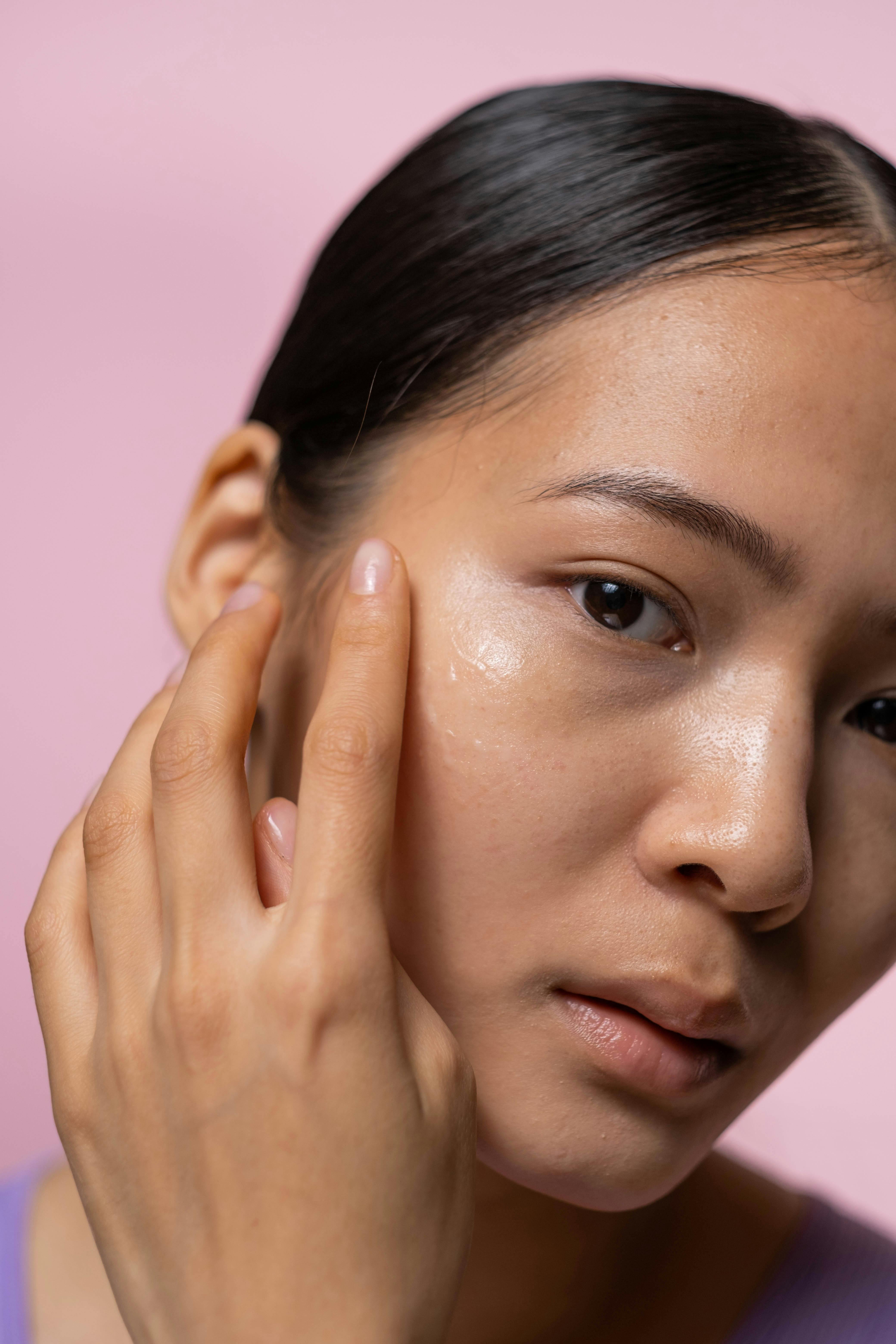
The Benefits Of Raw Shea Butter
Raw shea butter, a natural fat extracted from the nuts of the African shea tree (Vitellaria paradoxa), has been used for centuries in Africa for its moisturizing, healing, and anti-inflammatory properties. This versatile substance is now widely recognized globally for its benefits in skincare, haircare, and even culinary applications.
Composition and Properties
Raw shea butter is rich in fatty acids, including oleic, stearic, linoleic, and palmitic acids. These fatty acids contribute to its emollient properties, making it an excellent moisturizer. Additionally, it contains vitamins A, E, and F, which offer antioxidant and skin-healing benefits. Shea butter's high concentration of cinnamic acid gives it mild sun-protective properties, though it should not replace conventional sunscreen.
Skincare Benefits
One of the primary uses of raw shea butter is in skincare. Its deeply moisturizing properties make it effective for treating dry skin, eczema, and psoriasis. The presence of vitamins and antioxidants helps in promoting skin elasticity and reducing the appearance of wrinkles and fine lines. Furthermore, shea butter's anti-inflammatory properties can soothe irritated skin and reduce redness.
Haircare Uses
In haircare, raw shea butter is known for its ability to deeply condition the hair and scalp. It helps in reducing scalp irritation, dandruff, and promoting hair growth. The moisturizing properties prevent hair breakage and split ends, making it a popular ingredient in natural hair care products.
Healing and Medicinal Applications
Traditionally, shea butter has been used in Africa for its healing properties. It is often applied to minor cuts, burns, and insect bites to accelerate healing and reduce inflammation. The anti-inflammatory and antimicrobial properties make it a natural remedy for various skin conditions.
Culinary Uses
While less common, raw shea butter is also used in cooking, particularly in West Africa. It is often used as a cooking oil or as a base for traditional African soups and sauces. Its high-fat content provides a rich flavor and is a source of healthy fats.
Sustainability and Ethical Considerations
The production of shea butter is an important economic activity in many African communities, particularly for women who are often the primary harvesters and processors. Supporting ethically sourced and fair-trade shea butter helps in promoting sustainable practices and providing economic opportunities for these communities.
Conclusion
Raw shea butter is a versatile and beneficial natural product with applications ranging from skincare to culinary uses. Its moisturizing, healing, and protective properties make it a valuable addition to any natural health and beauty regimen. By choosing ethically sourced shea butter, consumers can also contribute to sustainable development and support African communities.

Help
About GlowNancy
Refund
Privacy Policy
Shipping Policy
FAQs
Home
Contact Us
Articles
Terms of Service

Leave a comment: